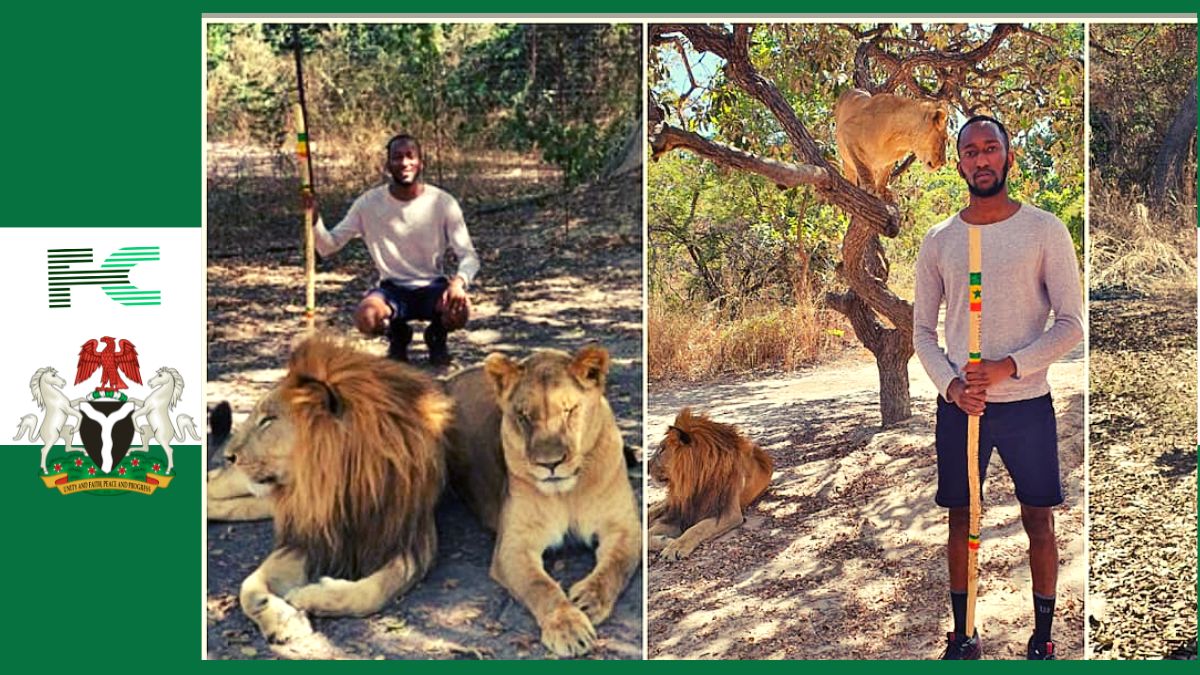If the right parties do not act quickly, lions will be extinct in Nigeria by 2050, according to conservationists. Less than fifty lions were still alive in the Nigerian wilderness, according to the top animal conservation organizations WildAid and Wildlife Conservative Society. They contend that the attacks on this symbolic species are being provoked by high rates of poverty, a lack of political interest in environmental protection, and an underdeveloped wildlife tourism sector. There are only about 20,000 lions remaining, according to several wildlife conservation organizations in Africa, which have also raised the alarm about the animal’s rapid extinction. Lions are native to Sub-Saharan Africa.
In the central and western parts of Africa, fewer than 645 lions are still living in the wild, according to a 2013 assessment by Lion Aid, an organization dedicated to lion conservation. According to the report, 25 African countries no longer had any African lions. In addition, they calculated that there are just 15,000 wild lions left on the continent, compared to 200,000 roughly 30 years ago. According to the organization dedicated to lion conservation, lions are already extinct in places like Ghana, the Ivory Coast, and Togo, with small populations remaining in Burkina Faso, Niger, and the Central African Republic, Cameroon, and Chad. According to the Wildlife Conservation Society, lions were once widely distributed in the country’s northern regions, but as of late, they are only found in Kainji Lake National Park and Yankari Game Reserve.
They claim that this declining number could affect the nation’s economy. In a recent interview, Peter Knights, President, and Founder of the nonprofit wildlife conservation organization WildAid expressed his concern for the animal’s survival and the potential economic loss for the nation.
According to Knights, conflicts between people and wildlife and the spread of agriculture are major problems threatening the lions’ survival and future existence. He continued by saying that the demands of urbanization were also leading lions to lose their native environment, get slaughtered, and turn into illicit bush meat as a result. He bemoaned the fact that Nigerians were indifferent to the lions’ plight and had failed to grasp the economic and cultural value of the animals. In addition to that endeavor, WildAid stated that they were concentrating on developing awareness-raising campaigns about the hardships and consequences of this “iconic” animal going extinct. Also in honor of Lion’s Day, animal conservationist Mark Ofua stressed the importance of drawing attention to the problems lions are facing, particularly in Nigeria where “we are swiftly losing them.”














